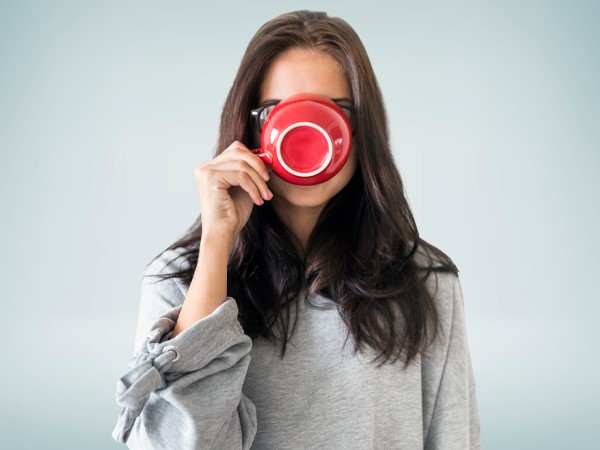Description
To power through a busy day, you might need help from caffeine. About 90% of Americans consumer caffeine in some form every day! Learn the benefits, and the side effects, of that daily boost from our Q&A with the Hy-Vee Vice President of HealthMarket, Elissa Sloss, RD, LD.
What are the health benefits of caffeine?
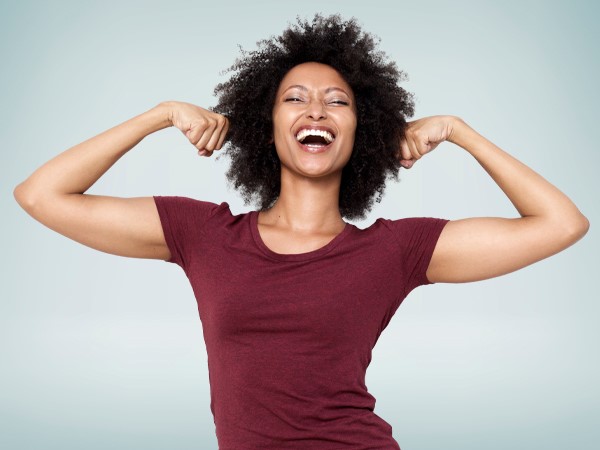
First and foremost, caffeine helps people feel less tired and increases energy levels. A healthy amount of caffeine may also:
-Improve mood and brain function
-Help boost your metabolism
-Speed up your reaction times
-Help with memory
Basically, that delightful, first-sip feeling is a real thing!
How does caffeine work in the body?

Caffeine is absorbed from the gut into the bloodstream and then travels to the liver where it's broken down into compounds that affect many organs—especially the brain.
It works by blocking the neurotransmitter that makes you feel tired, thus keeping you awake and alert.
Why should people monitor caffeine intake?
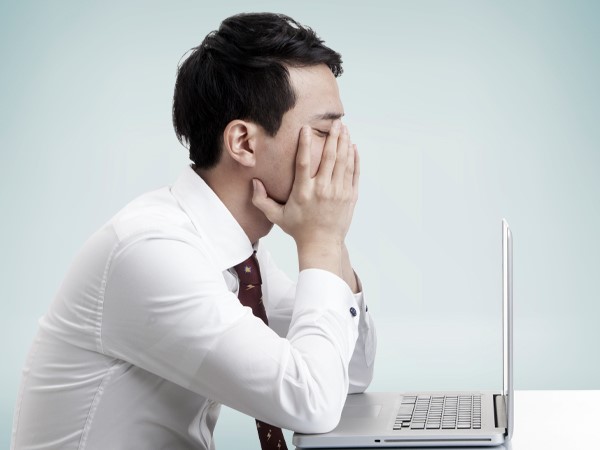
While there are so many great things caffeine can do, it all depends on consuming it in healthy doses. The right amount of caffeine can jump-start your day and help you feel happier, but too much caffeine can lead to:
-Caffeine dependency
-Anxiety
-Insomnia
-Digestive issues
-Fatigue once it leaves your system
Decaffeinated means it has no caffeine, right?
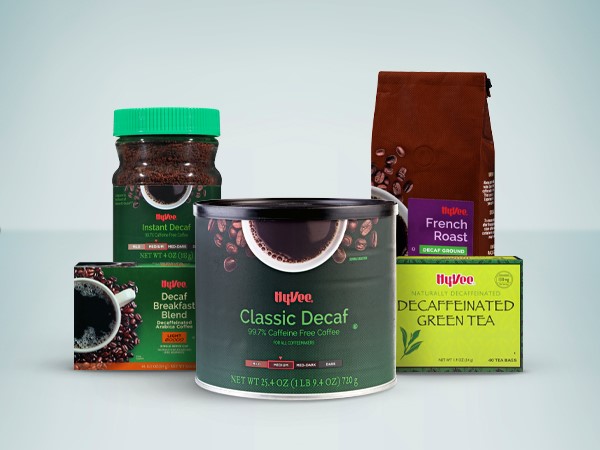
This might surprise most, but no!
Decaf coffee simply has less caffeine than its regular counterpart. According to the FDA, it's almost impossible to remove all the caffeine from the coffee bean.
So, while an 8-oz. cup of brewed coffee has about 95 mg of caffeine, the same cup of decaf coffee will only have around 7 mg.
What are some ways to get energized without caffeine?
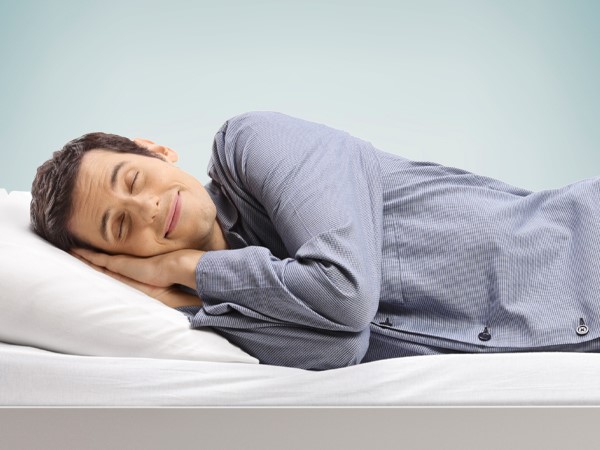
-Get regular exercise to boost energy
-Eat foods that are rich in carbs, protein, and fats to keep blood sugar levels steady
-Drink lots of water to reduce fatigue
-Most importantly, try to get enough sleep each night
How much caffeine is in the standard caffeinated drink?
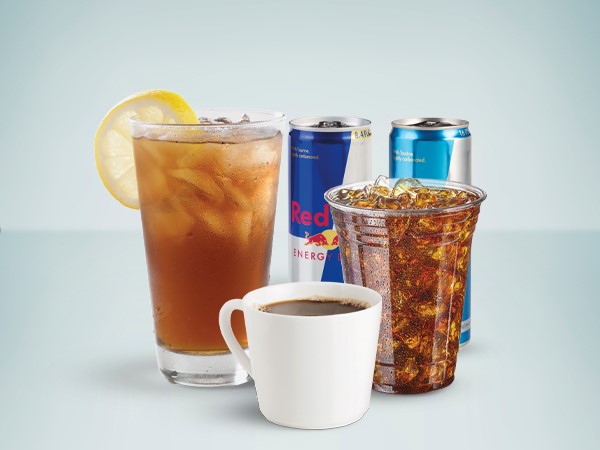
It may vary based on the beverage type and brand, so check nutrition labels, but this is the general amount for each drink:
Coffee: An 8-oz. brewed coffee has 100 mg of caffeine. Half-caff has a little over 50 mg. Espresso has 65 mg per 1.5-oz. serving.
Tea: An 8-oz. cup of black tea has 50-75 mg of caffeine. Green tea has around 15 mg. Decaffeinated versions may contain only 2 mg.
Energy drinks: A 16-oz. can has 70-100 mg of caffeine. Energy shots (like 5-Hour Energy) have about 215 mg.
Soda: A 12-oz. can has 30-70 mg of caffeine. A lot of citrus sodas, like Sprite and 7-Up, are caffeine-free.
How do I prevent caffeine withdrawal symptoms?
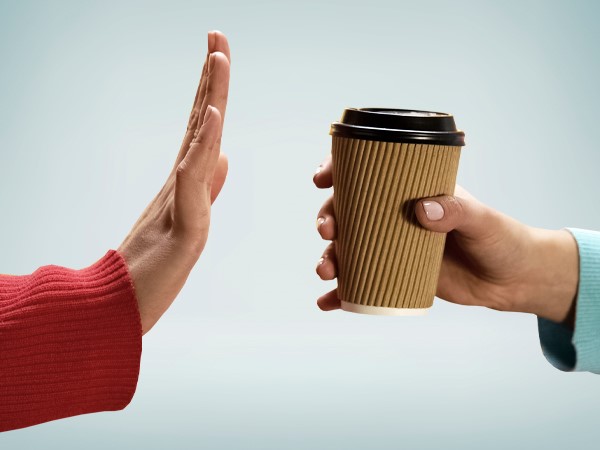
Common symptoms of caffeine withdrawal include headaches, drowsiness, irritability, and trouble concentrating.
The best way to reduce dependency on caffeine is to do it slowly. Cut back on your intake gradually—don't try to quit cold turkey!
